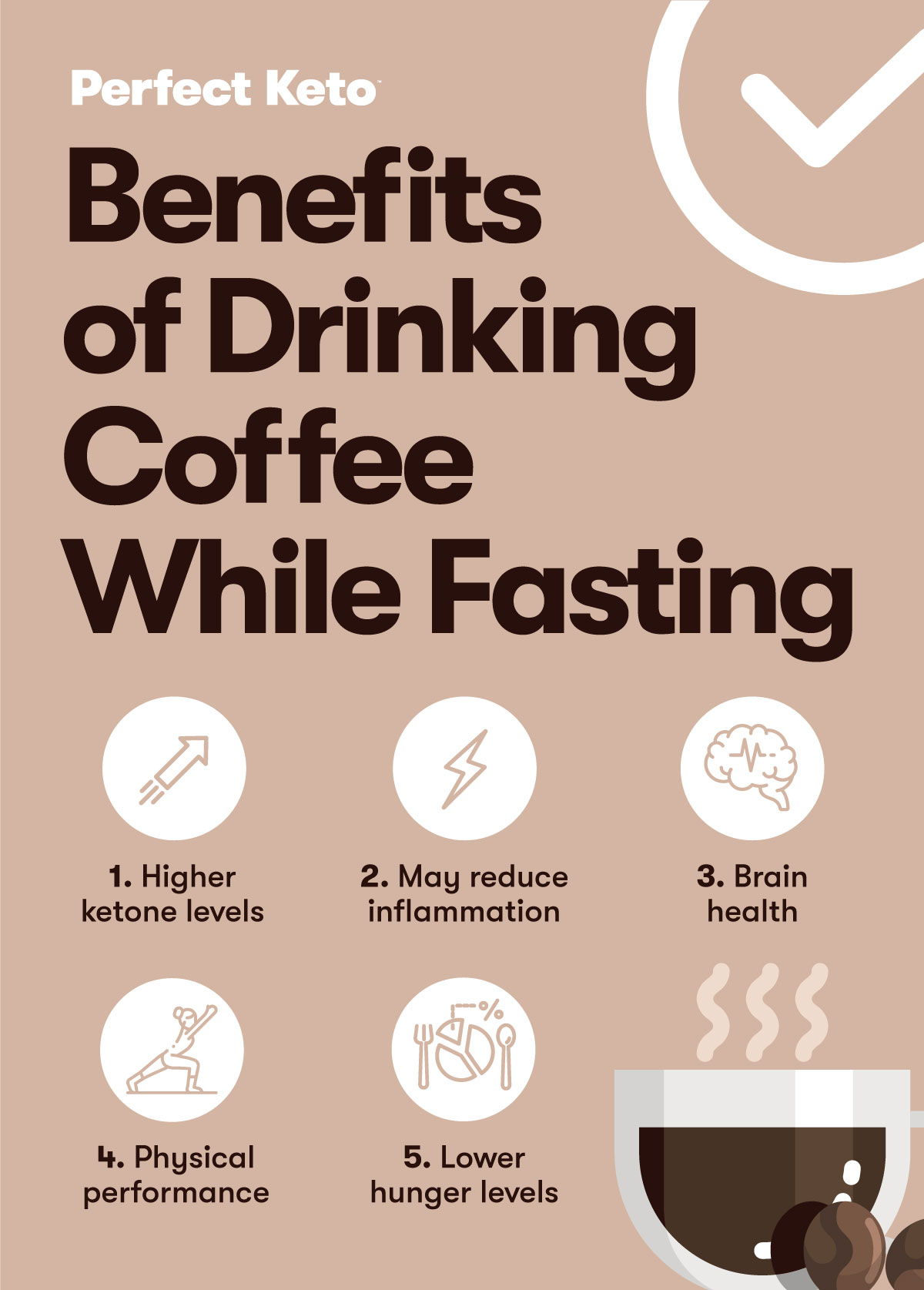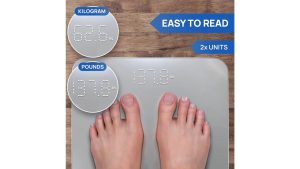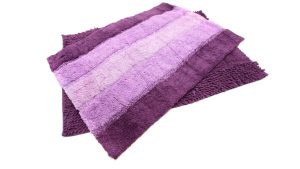Does Coffee Break a Fast? Unveiling the Truth

Drinking black coffee does not break a fast. Adding sugar or cream can break a fast.
Intermittent fasting has gained popularity for its potential health benefits, including weight loss and improved metabolic health. Many people wonder if drinking coffee during a fasting period will negate these benefits. Black coffee contains negligible calories and minimal nutrients, making it an acceptable choice for most fasting protocols.
Caffeinated coffee may even enhance metabolic rate and aid in fat burning. However, adding sugar, cream, or other caloric additives can disrupt the fasting state. It’s crucial to understand these differences to maintain the integrity of your fast while enjoying your coffee. Always consult with a healthcare provider for personalized advice.
The Debate Around Coffee And Fasting
Fasting has gained popularity for its health benefits. But does coffee break a fast? This question has sparked much debate. Let’s explore this topic further.
Popular Beliefs About Coffee Consumption
Many believe coffee is okay during fasting. Some drink it for energy and focus. Black coffee is often seen as harmless. It has almost no calories. This fits within many fasting rules.
Others worry about coffee’s impact on insulin levels. They say even black coffee can cause a spike. This might break the fast and negate benefits.
| Belief | Description |
|---|---|
| Acceptable | Black coffee has minimal calories and aids focus. |
| Not Acceptable | Possible insulin spike could break the fast. |
Varied Definitions Of Fasting
Fasting definitions vary widely. Some fasts allow only water. Others permit low-calorie drinks like black coffee.
Medical fasts might have stricter rules. They often forbid anything but water. Intermittent fasting is more flexible. Many people drink coffee during their fasting window.
- Water-Only Fast: No calories, only water.
- Intermittent Fast: Some low-calorie drinks allowed.
- Medical Fast: Strict, often water-only.
Understanding these definitions helps you decide. Your fasting type will guide your coffee choice. Always consider your goals and health needs.
Basics Of Fasting: Core Principles
Fasting is an ancient practice with many benefits. It involves abstaining from food for a set period. Understanding the core principles of fasting helps maximize its benefits. These principles include goal setting, selecting a fasting protocol, and staying hydrated.
Fasting Goals And Benefits
Fasting has several goals and benefits. People fast for weight loss, improved metabolism, and mental clarity. Fasting also promotes cellular repair and reduces inflammation. Setting clear goals is essential before starting a fasting regimen.
- Weight loss
- Improved metabolism
- Mental clarity
- Cellular repair
- Reduced inflammation
Different Fasting Protocols
There are various fasting protocols. Some common ones include Intermittent Fasting, Extended Fasting, and the 5:2 Diet. Each protocol has its unique benefits and challenges.
| Fasting Protocol | Description |
|---|---|
| Intermittent Fasting | Fasting for 16 hours, eating in an 8-hour window. |
| Extended Fasting | Fasting for 24 hours or more. |
| 5:2 Diet | Eating normally for 5 days, fasting for 2 days. |
Choose a protocol that aligns with your goals and lifestyle. Always consult a healthcare provider before starting a new fasting regimen.
Coffee’s Ingredients And Their Effects
Many people wonder if coffee breaks a fast. Understanding coffee’s ingredients helps answer this. Coffee has several compounds that impact your body. Let’s explore these compounds and their effects.
Caffeine: Impact On Metabolism
Caffeine is the main active ingredient in coffee. It stimulates the central nervous system. This increases alertness and energy levels.
Caffeine also boosts metabolism. It helps your body burn more calories. This can be beneficial during fasting. However, it may also trigger the release of insulin. This could break your fast.
| Effect | Description |
|---|---|
| Increased Alertness | Caffeine helps you stay awake and focused. |
| Boosts Metabolism | Your body burns more calories. |
| Insulin Release | May break your fast due to an insulin spike. |
Other Compounds In Coffee
Besides caffeine, coffee contains other compounds. These include chlorogenic acids, antioxidants, and minerals.
- Chlorogenic acids: Affect glucose absorption.
- Antioxidants: Protect cells from damage.
- Minerals: Include magnesium and potassium.
Chlorogenic acids can reduce blood sugar spikes. This might help during fasting. Antioxidants protect your cells. They fight off harmful free radicals. Minerals like magnesium and potassium support various body functions. They help with muscle function and hydration.
While these compounds have health benefits, they may still affect fasting. Always consider your fasting goals and how coffee fits into them.
Metabolic Responses To Coffee
Understanding whether coffee breaks a fast involves exploring the body’s metabolic responses to coffee. Coffee affects blood sugar, insulin, and autophagy. These factors play a crucial role in fasting.
Does Coffee Trigger Insulin?
Insulin is a hormone that controls blood sugar levels. When you consume food, insulin helps store nutrients. Fasting aims to keep insulin levels low.
Studies show that black coffee has a minimal effect on insulin. Adding sugar or milk can increase insulin levels. If you want to fast, avoid sweetened coffee.
The Role Of Autophagy
Autophagy is the body’s way of cleaning damaged cells. Fasting enhances autophagy, promoting cellular repair. Coffee can influence autophagy.
Research suggests that black coffee may boost autophagy. This is due to certain compounds in coffee. Drinking black coffee might support fasting benefits.
| Factor | Effect of Black Coffee |
|---|---|
| Insulin Levels | Minimal Impact |
| Autophagy | Possible Enhancement |
To maintain your fast, stick to black coffee without additives. Always listen to your body and monitor how you feel.
Caloric Intake And Fasting
Fasting is a practice where people avoid eating for a certain time. The goal is often to give the body a break from calories. But what happens if you drink coffee during a fast? Understanding how caloric intake affects fasting is important. Let’s dive into the details.
Understanding Caloric Disruption
Calories are energy that your body uses to function. When fasting, your body expects no calories. Consuming calories breaks the fast. Even a small amount can disrupt the fasting state. This is why understanding caloric disruption is crucial.
Coffee Additives And Calorie Content
Coffee itself has very few calories. A black coffee usually contains about 2 calories. But adding milk, sugar, or cream changes this. These additives increase the caloric content.
| Additive | Calories |
|---|---|
| Milk (1 tablespoon) | 9 calories |
| Sugar (1 teaspoon) | 16 calories |
| Cream (1 tablespoon) | 52 calories |
Even small amounts of these additives can break your fast. Choose black coffee to stay within fasting guidelines.
- Black coffee: 2 calories
- Milk coffee: 11 calories
- Sugar coffee: 18 calories
- Cream coffee: 54 calories
Stay mindful of what you add to your coffee. It can impact your fasting goals.
The Impact Of Coffee On Fasting Goals
Understanding the impact of coffee on fasting goals can help you make informed decisions. Whether your aim is weight loss or mental clarity, coffee can play a role. This section delves into how coffee affects your fasting objectives.
Weight Loss Considerations
Coffee is a popular choice for those on a fast, especially for weight loss. Its natural compounds can boost metabolism and aid fat burning.
- Metabolism Boost: Coffee contains caffeine, which can increase metabolic rate by 3-11%.
- Appetite Suppression: Drinking coffee can reduce hunger, making it easier to stick to fasting.
- Caloric Content: Black coffee is low in calories, making it a suitable choice during fasting.
While coffee offers these benefits, adding sugar or cream can break your fast. Stick to black coffee to maintain your fasting state.
Mental Clarity And Coffee
Mental clarity is another goal for many who fast. Coffee can help enhance cognitive functions during fasting.
- Increased Alertness: Caffeine stimulates the brain, improving focus and alertness.
- Enhanced Mood: Coffee can elevate mood, which is crucial during fasting.
- Improved Concentration: The caffeine in coffee helps sharpen mental clarity.
For sustained mental clarity, avoid sugary coffee drinks. Opt for a black coffee to enjoy these benefits without breaking your fast.
| Aspect | Black Coffee | Coffee with Additives |
|---|---|---|
| Calories | Less than 5 | Varies (higher) |
| Metabolism Boost | Yes | Reduced |
| Mental Clarity | Enhanced | May be reduced |
Research Findings On Coffee And Fasting
Many people wonder, “Does coffee break a fast?” The answer is not simple. Let’s explore the research findings on coffee and fasting.
Scientific Studies And Results
Several scientific studies have examined coffee’s impact on fasting. One study found that black coffee does not break a fast. It showed no significant effect on insulin levels.
Another study indicated that coffee might aid fasting. It suggested coffee can help with appetite control. Participants reported feeling less hungry.
Some research also highlighted coffee’s benefits during fasting. It may boost metabolism and enhance fat burning. Coffee can also improve mental alertness.
Expert Opinions And Recommendations
Experts have varying opinions on coffee and fasting. Many nutritionists agree that black coffee is safe during fasting. They recommend avoiding additives like sugar and cream.
Some experts suggest moderate coffee consumption. They advise limiting intake to avoid potential side effects. Drinking too much coffee can lead to jitteriness or sleep issues.
Health professionals also emphasize individual responses. They advise listening to your body. If coffee disrupts your fasting goals, consider alternatives.
| Aspect | Recommendation |
|---|---|
| Type of Coffee | Black coffee only |
| Additives | Avoid sugar, cream |
| Consumption | Moderate intake |
In summary, the research findings on coffee and fasting offer valuable insights. Both scientific studies and expert opinions provide guidance for those who fast.
Practical Tips For Coffee Lovers Who Fast
Many people love coffee and also practice fasting. The question arises: does coffee break a fast? This section provides practical tips to help coffee lovers maintain their fast while enjoying their favorite beverage.
Choosing The Right Type Of Coffee
Choosing the right type of coffee is crucial for fasting. Black coffee is the best choice. It contains no calories, sugar, or fat. Avoid adding cream, sugar, or milk. These additives can break your fast.
Opt for organic coffee if possible. It’s free from harmful chemicals. Decaffeinated coffee is another option. It has less impact on your body during fasting.
| Type of Coffee | Calories | Fasting Friendly |
|---|---|---|
| Black Coffee | 0 | Yes |
| Coffee with Milk | 20-50 | No |
| Decaffeinated Coffee | 0 | Yes |
Timing Your Coffee Intake
Timing your coffee intake is also important. Drink coffee during your fasting window. This helps keep your fast intact. Avoid drinking coffee close to bedtime. It can disrupt your sleep cycle.
Follow these simple tips for the best results:
- Have coffee in the morning.
- Avoid coffee after 3 PM.
- Listen to your body’s response.
By following these tips, you can enjoy coffee and keep your fast. Remember, the type of coffee and its timing are key.
Personalizing Your Fasting Experience
Fasting can be a powerful tool for health and wellness. It’s important to make it work for you. Understanding how coffee affects fasting is crucial. Each person’s body responds differently. Tailoring your approach ensures the best results.
Listening To Your Body
Your body knows what it needs. Pay attention to its signals. If coffee makes you jittery, it might not be helpful during a fast. Some people find coffee helps them stay alert. Others may feel anxious or hungry after drinking coffee.
Keep a journal to track how coffee affects you. Note your energy levels, mood, and hunger cues. Use this information to adjust your fasting routine. This will help you make informed decisions.
Adjusting Your Fasting Protocol
There are different types of fasting. Intermittent fasting, alternate-day fasting, and extended fasting are popular options. Each has its own set of guidelines. You can adjust these to fit your needs.
Here’s a simple table to help you decide:
| Fasting Type | Can You Drink Coffee? | Notes |
|---|---|---|
| Intermittent Fasting | Yes | Black coffee is usually fine. |
| Alternate-Day Fasting | Yes | Stick to black coffee. |
| Extended Fasting | Maybe | Consult a healthcare provider. |
If you love coffee, try black coffee first. Avoid adding sugar or cream. These can break your fast. Experiment with different fasting protocols. Find what works best for you.
Remember, fasting is a personal journey. Customize it to fit your lifestyle and preferences. This makes the process enjoyable and sustainable.
Frequently Asked Questions
Will Coffee Break Intermittent Fasting?
Black coffee won’t break intermittent fasting. Adding sugar, cream, or milk can break the fast. Drink it plain.
What Can I Put In My Coffee That Won’t Break My Fast?
You can add black coffee, plain tea, water, or a small amount of cinnamon to your coffee without breaking your fast.
How Much Coffee Does It Take To Break A Fast?
A small amount of black coffee, around 5-10 calories, won’t break a fast. Avoid adding sugar or cream.
What Foods Won’t Break A Fast?
Water, black coffee, plain tea, and herbal tea won’t break a fast. These beverages contain no calories and maintain fasting benefits.
Does Coffee Break A Fast?
Black coffee does not break fast. It contains no calories.
Can I Drink Coffee While Fasting?
Yes, you can drink black coffee. It won’t break your fast.
What Types Of Coffee Are Allowed When Fasting?
Black coffee is allowed. Avoid adding sugar, cream, or milk.
How Does Coffee Affect Fasting Benefits?
Coffee can enhance fasting benefits. It boosts metabolism and suppresses appetite.
Conclusion
Balancing fasting and coffee can be tricky. Some believe black coffee doesn’t break a fast. Others avoid it to ensure complete fasting benefits. Always consider your goals and how your body responds. Experiment and listen to your body for the best results.
Stay informed and make choices that align with your health objectives.














